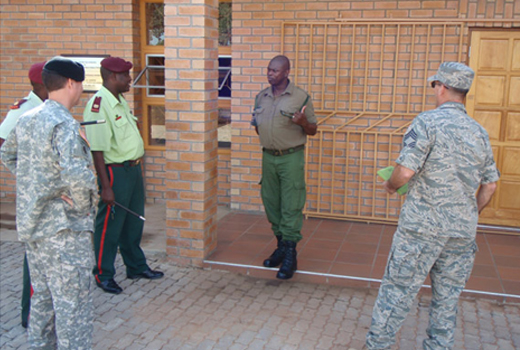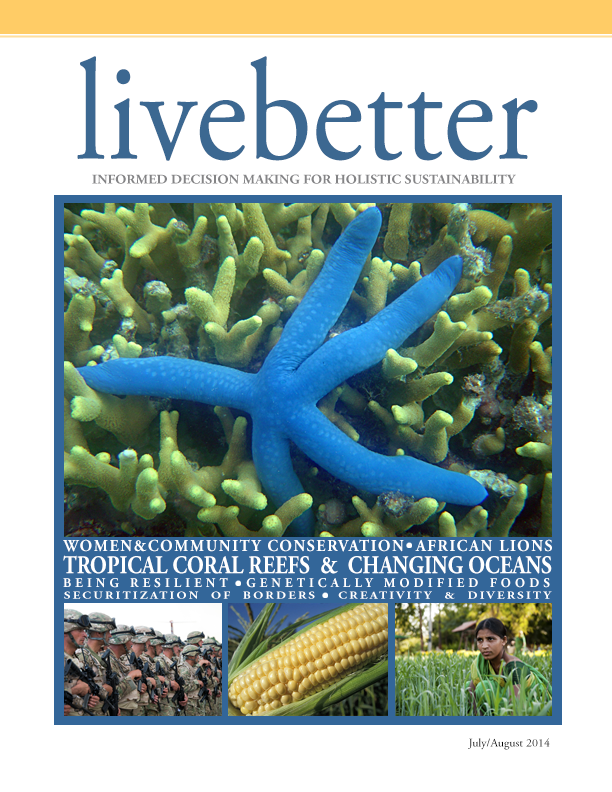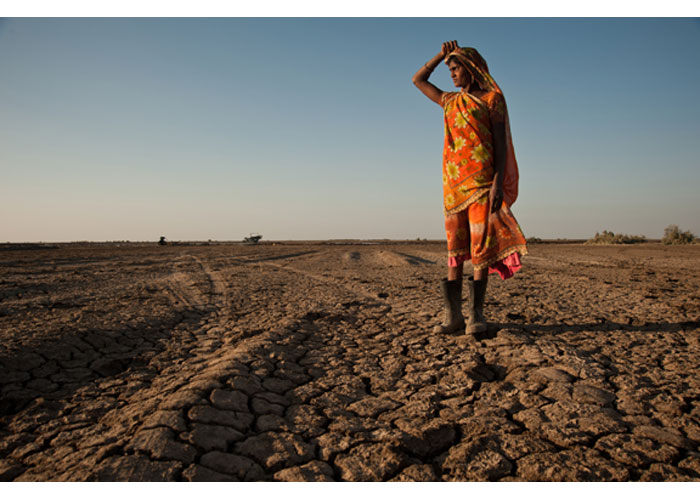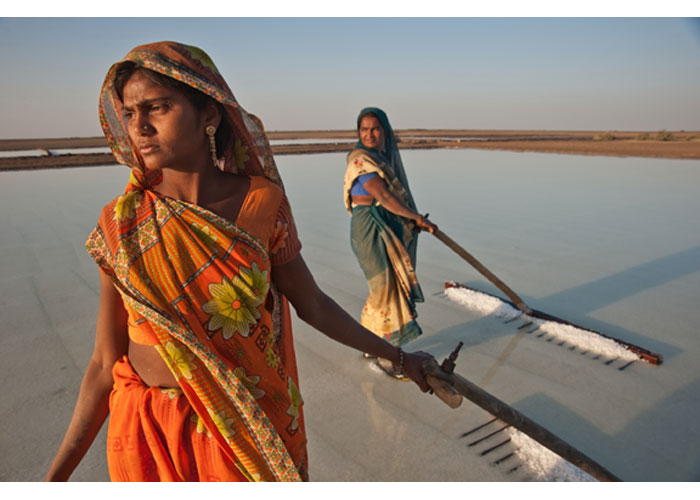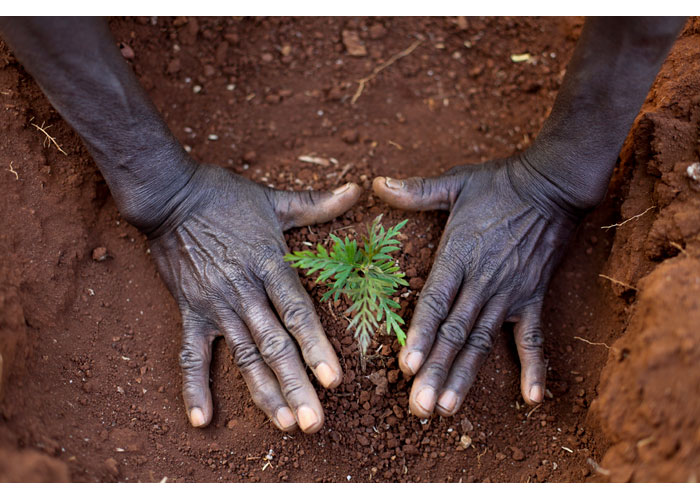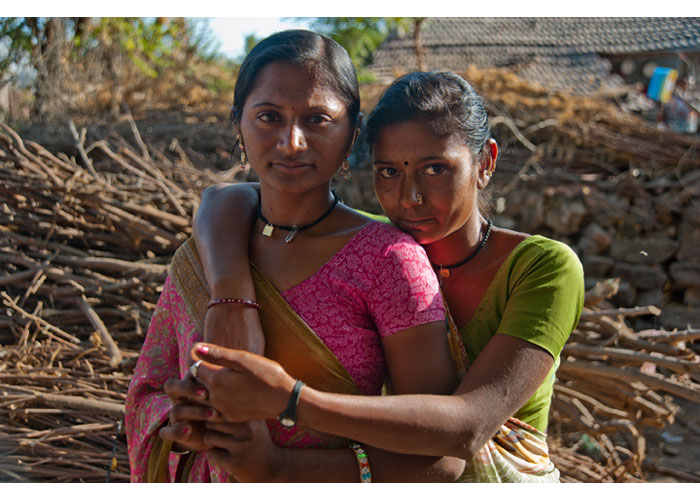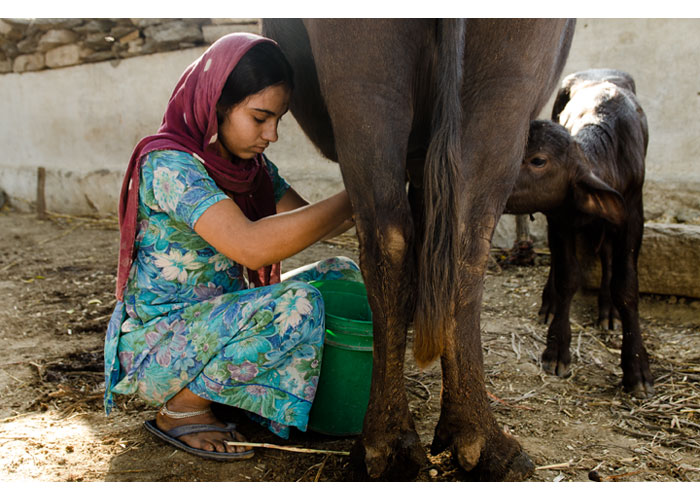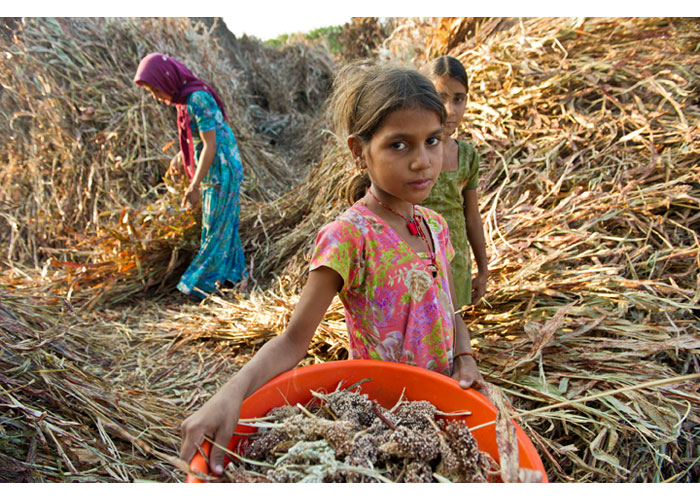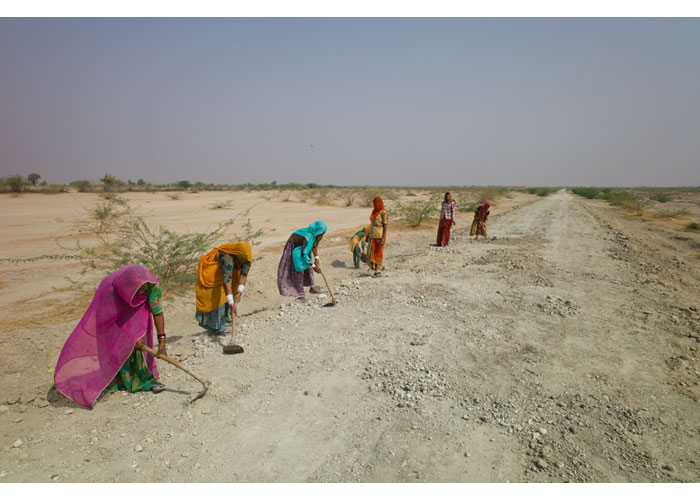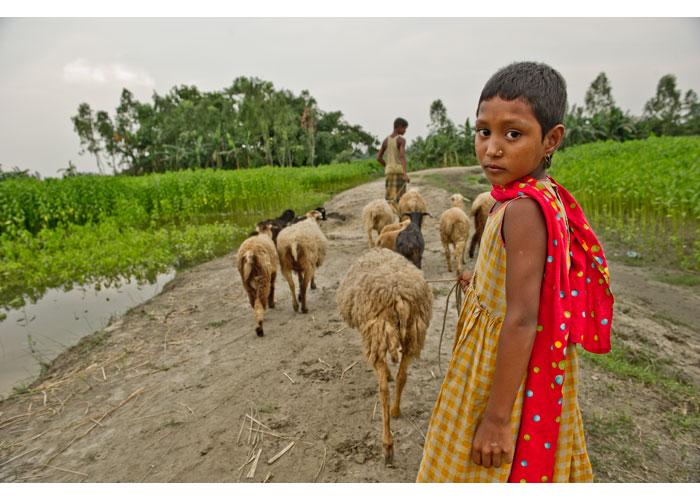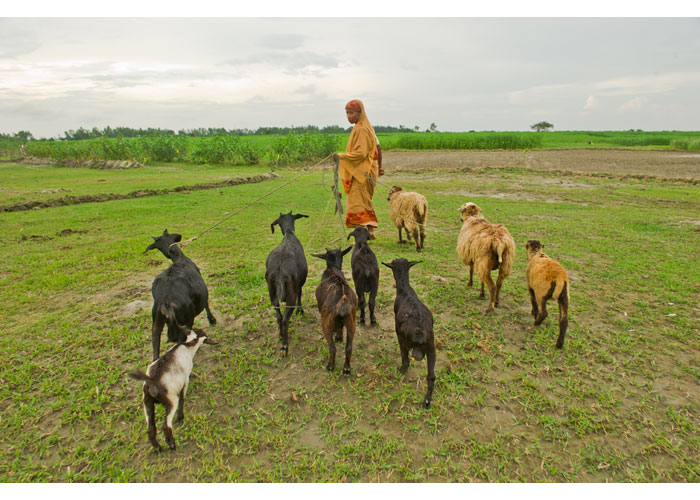National Guard Engineers Facilitating Cooperative Relationships
In recent years, the role of National Guard reserves has expanded from a predominantly U.S.-based presence to global service providers and partners for developing countries around the world. For some engineers in the National Guard, U.S. Africa Command (AFRICOM) – the newest military command – offers a unique opportunity and challenge to facilitate military, humanitarian and educational missions throughout Africa and other parts of the world.
As part of my two– to three-week annual commitment, I’ve been to Italy for a joint forces exercise, Morocco for a U.S. State Department humanitarian mission and most recently to the Central African Republic to teach basic civil surveying and mapping to local engineers. I’ve had the opportunity to work with engineers from different cultures and to improve the lives of those less fortunate. Through it all, I’ve become a better engineer, leader and person.
Fostering Stability through AFRICOM
AFRICOM, one of six Department of Defense (DoD) regional military headquarters, was declared a fully unified command on October 1, 2008. Its overall mission is to foster a stable and secure African environment to support U.S. foreign policy. AFRICOM works in concert with other U.S. government agencies and international partners.
AFRICOM develops and maintains military-to-military, military-to-civilian and civilian-to-civilian relationships with 53 African nations. Within the command, a robust humanitarian-assistance and disaster-response branch focuses on Africa, which coordinates with the U.S. Agency for International Development (USAID) and the U.S. State Department to support missions on the African continent.
The AFRICOM staff is about one-half military and one-half civilian DoD employees, plus approximately 40 civilian employees of non-Defense Department agencies of the U.S. government. AFRICOM also draws on the resources of approximately 300 contract employees in Germany, the United Kingdom and Florida. As of April 2011, AFRICOM has approximately 2,100 personnel. In achieving its mission, AFRICOM brings to bear all the capabilities of the U.S. Army in Africa: Active, Guard and Reserve.
For the command’s engineers, AFRICOM’s outreach initiatives range from constructing educational facilities for local communities to training programs for African army engineers.
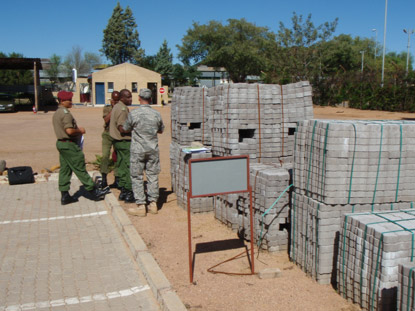
Photo Credit: Scott Nall
The engineering-related programs focus on new techniques and tools to resolve complex infrastructure problems with limited funding and few materials. The National Guard’s existing State Partnership Program, founded by the European Command in 1993, is instrumental in the success of AFRICOM’s humanitarian mission.
Creating Relationships with Africa
The State Partnership Program links U.S. states with partner countries by using the unique civil-military nature of the National Guard to foster interaction with both active and reserve forces of foreign countries. The State Partnership Program participants actively participate in a host of activities, which lead to training exercises opportunities, fellowship-style internships, civic leader visits and medical events.
Currently, eight National Guard states partner with African nations. They include: California with Nigeria, Michigan with Liberia, New York with South Africa, North Dakota with Ghana, Utah with Morocco, Vermont with Senegal, Wyoming with Tunisia, and North Carolina, home of my unit, the 245th Civil Engineer Flight engineers could support activities in Botswana or any other State Partnership Program countries.
My first 17 years with the military were spent with the Missouri Air National Guard as a civil engineer. In recent years, the Air National Guard proceeded to stand-up two additional units. One is the 245th Civil Engineer Flight is part of the 145th Air Force – I interviewed for a position with the 245th Civil Engineer Flight resources throughout the year – we provide design services primarily for new construction – with work requests from 17th Civil Engineer Flight traveled to Morocco to determine resources needed to complete two construction projects. The first was technical trade school expansion on the Tétouan coast. The second was a library computer center for an elementary school in a village outside the city of Fez.
In advance of our trip, we developed a general plan based on basic information provided by the U.S. Embassy staff in Morocco and project managers from 17th Air Force and AFRICOM to run the project. Our group has done similar training missions in Ghana and Botswana.
Creating Lasting Relationships
Projects such as the engineering/surveying workshops in the Central African Republic and the facility construction projects in Morocco go a long way toward developing quality relationships and partnerships with developing countries. It takes a good deal of ‘thinking outside the box’ to span communication barriers, especially when talking about technical issues, even with an interpreter. Patience is a virtue, but the results are rewarding. We are creating goodwill and building the foundations for an equitable, peaceful relationship that will last lifetimes.
On paper, National Guard members spend a total of two or three weeks per year on assignment. For many of us in the 245th Civil Engineer Flight, it’s a second job with hours of personal time outside that one weekend a month – and I love it. It’s extraordinarily rewarding to know that our small National Guard unit can do something so important for other engineers and communities in other parts of the world. As of this writing, my next project is unknown, but I am sure it will be both challenging and personally rewarding helping people in another community in a far-flung part of the world.
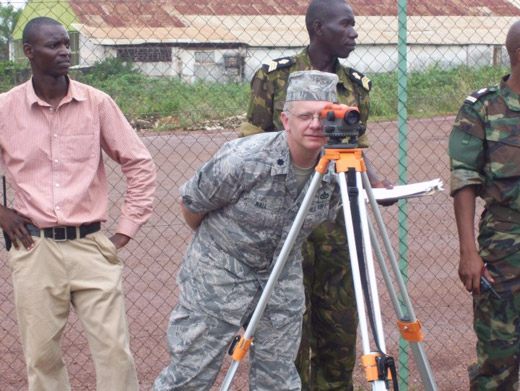
Photo Credit: Scott Nall|Scott Nall works with Central African Republic engineers to map
critical Congo River drainage network.

